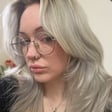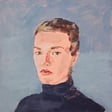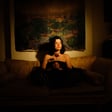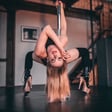
Prudence Flint
This episode is a joy. Stay for the whole visit.
PRUDENCE FLINT is a Melbourne based artist. She has held solo exhibitions in Sydney, Melbourne, Canberra and Hobart and has exhibited in major state and regional galleries. She is a seventh time finalist in the Archibald Prize.
She won the Len Fox Painting Award (2016), the Portia Geach Memorial Award (2010), and the Doug Moran National Portrait Prize (2004).
Her work is held in the collections of the City of Port Phillip, Artbank, BHP Billiton, City of Gold Coast, University of Wollongong, Castlemaine Art Museum and in numerous private collections.
Reproductions of Flint’s paintings have recently appeared in international publications including Oh Comely (UK), It’s Nice That, Printed Pages (UK), Hi Fructose (US) and recently in Juxtapoz (US). Flint is represented by Australian Galleries in Melbourne and Bett Gallery in Hobart. She had her first international show at Mother’s tankstation Limited Dublin in May 2019.



















